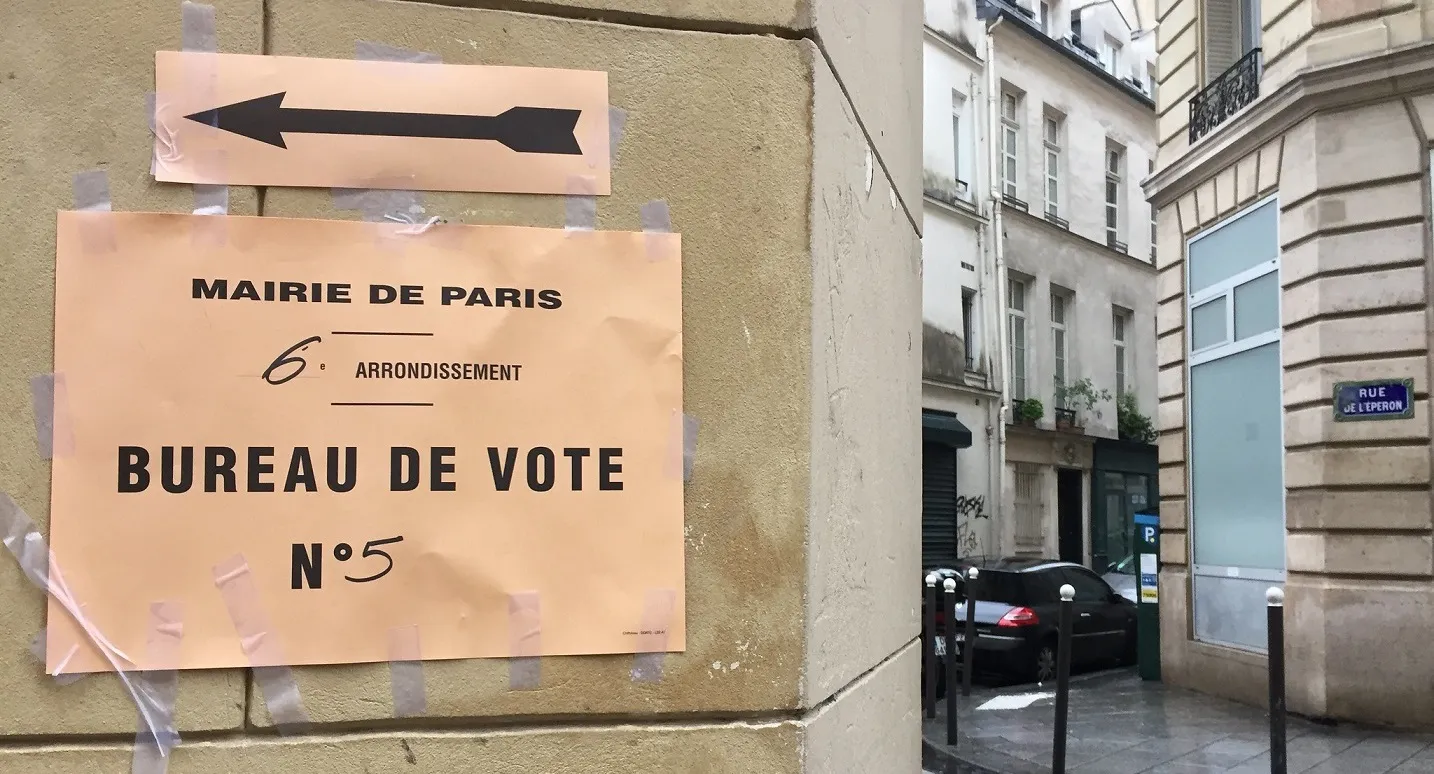Constitutional, legal and political lessons from elections in the time of pandemic – The French Republic

On the 22 May, French Prime Minister Edouard Philippe announced that the final round of municipal elections will take place on 28 June 2020, provided that the election is not deemed a health risk due to the COVID-19 pandemic. The date of the election was confirmed by President Macron on 14 June as part of a wider announcement that mainland France would lift Coronavirus lockdown measures from 15 June. The municipal election on 28 June will be one of the largest elections in Europe since the pandemic was announced by the WHO, with more than 16,500,000 registered voters. France will also be one of the first of 66 countries to hold elections that were previously postponed due to the outbreak of COVID-19.
Among the countries that have experienced challenges related to holding or postponing elections during a time of contagion, the French case is particularly noteworthy. Municipal elections, which in France are two-round elections, which were not partially held, with the first round held as planned and the second round (where applicable) being postponed. These elections were planned for March 2020: the first round was planned for 15 March and the second for the week after, on 22 March. Approximately 30,000 municipal councils were elected on 15 March (through winning an absolute majority in the first round), while in almost 5,000 others, the second round was postponed based on the President of the Republic’s decision, on 16 March, to confine the French population to their homes due to the increased spread of the virus. The second round was still to be organized, on 28 June, except in French Guyana. This unique situation raised issues connected with election management in the COVID-19 context concerning the choice to hold or postpone the elections and the means available to adapt voting procedures during a pandemic.
The French case first demonstrates the difficulty of navigating legal constraints and political imperatives during times of uncertainty. In particular, France faced a gap in its legal provisions, because there was no legal provision for postponement. Postponing the municipal elections was therefore not possible without passing a new law, however, there was no political consensus to enable this. The first round of the municipal elections was ultimately held. Several measures were adopted to reassure voters of a safe voting environment. Voters were asked to keep a safe distance of at least one meter from each other, with signs and markings placed throughout polling stations to assist in maintaining this distance. Voters also had to sanitize their hands. The safety measures were unfortunately not sufficient to reassure voters. Turnout declined dramatically, especially amongst groups more likely to be affected by the disease. For example, voter turnout during municipal elections from 1995 to 2014, was between 62 and 70 per cent, but in the first round in 2020 it stood at only 44.5 per cent—18 points lower than six years previously.
According to the election management body the second round of municipal elections will include additional health and safety measures on polling day. This will include preferential access to polling stations to vulnerable groups, obligatory masks for all voters entering the polling stations, and protective visors for temporary polling staff, among other measures. Furthermore, despite some recent issue of alleged fraud in Marseille, proxy voting as a special voting arrangement (SVA) has been simplified by allowing proxies to be power of attorney for two voters, where previously a proxy voter could only cast a vote on behalf of one voter, and that voters no longer need to justify why they need to vote by proxy when submitting the official request form. Postal voting which was abolished in France in 1975 was also explored ahead of the second round but was in the end rejected by the government.
Although the second-round election is yet to be concluded the French case also shows that international standards such as the search for political consensus, the stability of electoral law, and the early adaptation of voting procedures are important in resolving difficulties with organizing elections during extraordinary times. The choice to postpone the second round, then to reschedule it on 28 June, was decided following scientific advice and political consensus building thanks to the discussions between the stakeholders.
Nevertheless, the COVID-19 pandemic collided with the electoral process. It is clear that French electoral law was not prepared, and was not sufficient to deal effectively with these exceptional circumstances, as demonstrated by a recent decision (17 June) by the Constitutional council that the initial postponement of the second round of elections originally scheduled for 22 March was after much deliberation deemed legal.
For an in-depth analysis of the French case please read International IDEA, Electoral Management Network, University of East Anglia and Newcastle University study: Holding or Postponing Elections During a COVID-19 Outbreak: Constitutional, Legal and Political Challenges in France





